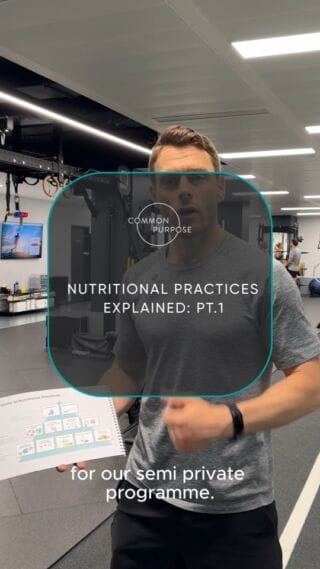Many clients come to us with the goal of “toning up”. But while toning up may be a common target, how much do you know what toning up actually means and the process of achieving it? We’ve put together this short FAQ to answer some of your most commonly asked questions when it’s time to tone up.
What does toning up mean?
“Toning up” is essentially achieving an appearance of tight, firm skin, which is a result of low subcutaneous body fat and enough lean muscle mass to push up against the skin. Reducing body fat and gaining (or maintaining) lean muscle mass is known as body recomposition, whereby the fat to muscle ratio changes in response to exercise and nutrition practices.
Can you tone specific areas of your body (like stomach or arms) over others?
You are able to increase muscle mass in specific areas (which is one half of the toning process), but you are unable to reduce body fat in specific areas (known as spot reduction). In other words, you can build specific muscle groups to a point, but unfortunately, you can’t lose fat in specific areas, it falls where it may (which will be slightly different for everyone).
What exercise type and how often do you need to train to tone up?
Assuming you’re following an appropriate nutrition strategy, you should be performing a blend of resistance and cardiovascular exercise training in order to tone up (probably skewed more towards resistance training). Mixing both forms of training is optimal for reducing body fat and resistance training will help develop the lean muscle mass required for a toned physique.
What dietary choices might speed up / help the process?
Make sure you eat adequate protein in order to support lean muscle mass, whilst eating a calorie-controlled diet to lose fat. In addition to this, foods high in fibre and protein require more energy to digest (known as the thermic effect of food). Caffeine in coffee and tea may also help keep energy expenditure elevated during calorie restriction.
If you’re looking to tone up or get more out of your training, our expert team can help. Based in London Mayfair, our new gym space and friendly personal trainers will help you achieve exceptional results. Read more about our four pillars of training, or call our team today.
 Common Purpose Team
Common Purpose Team



